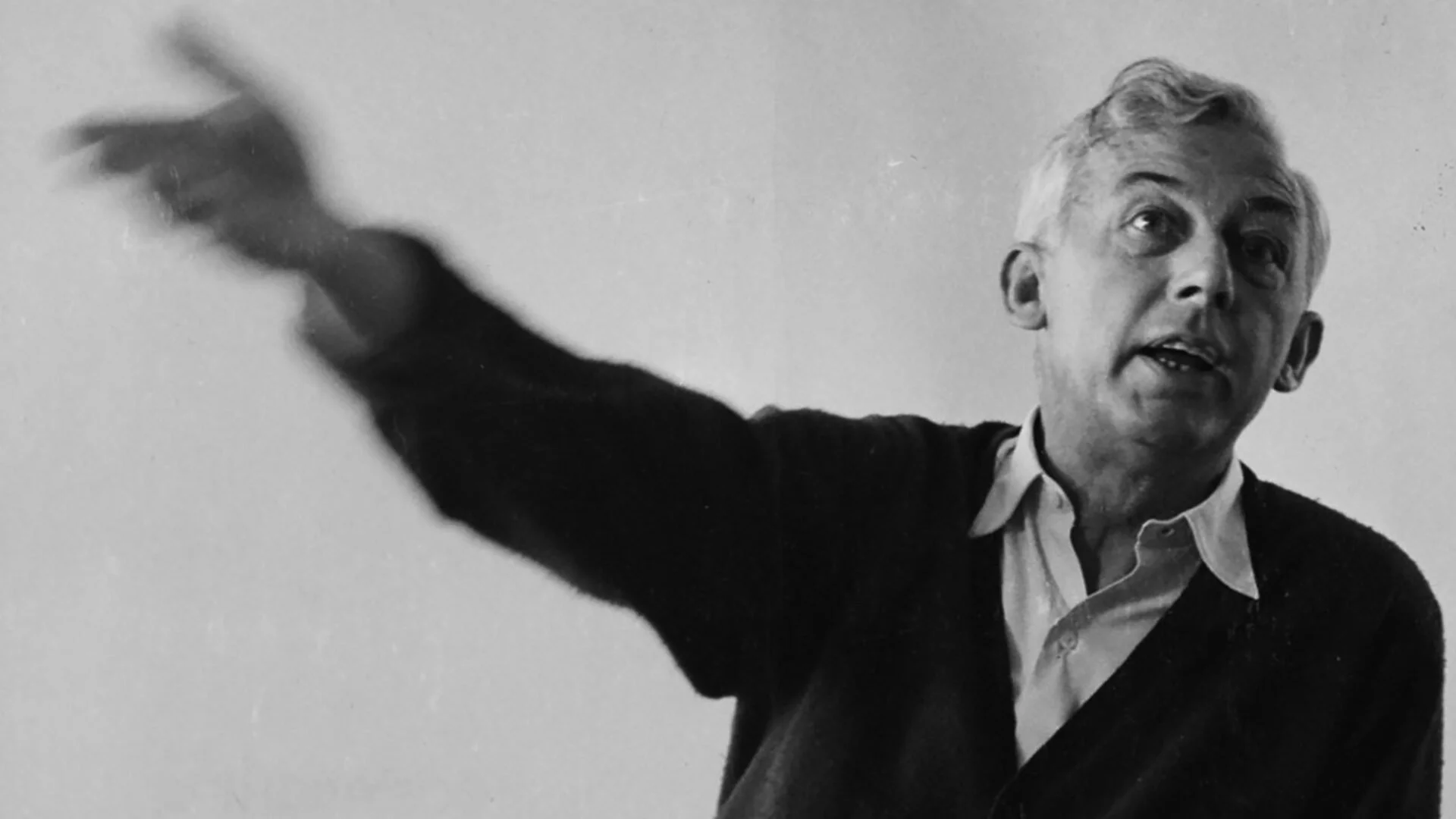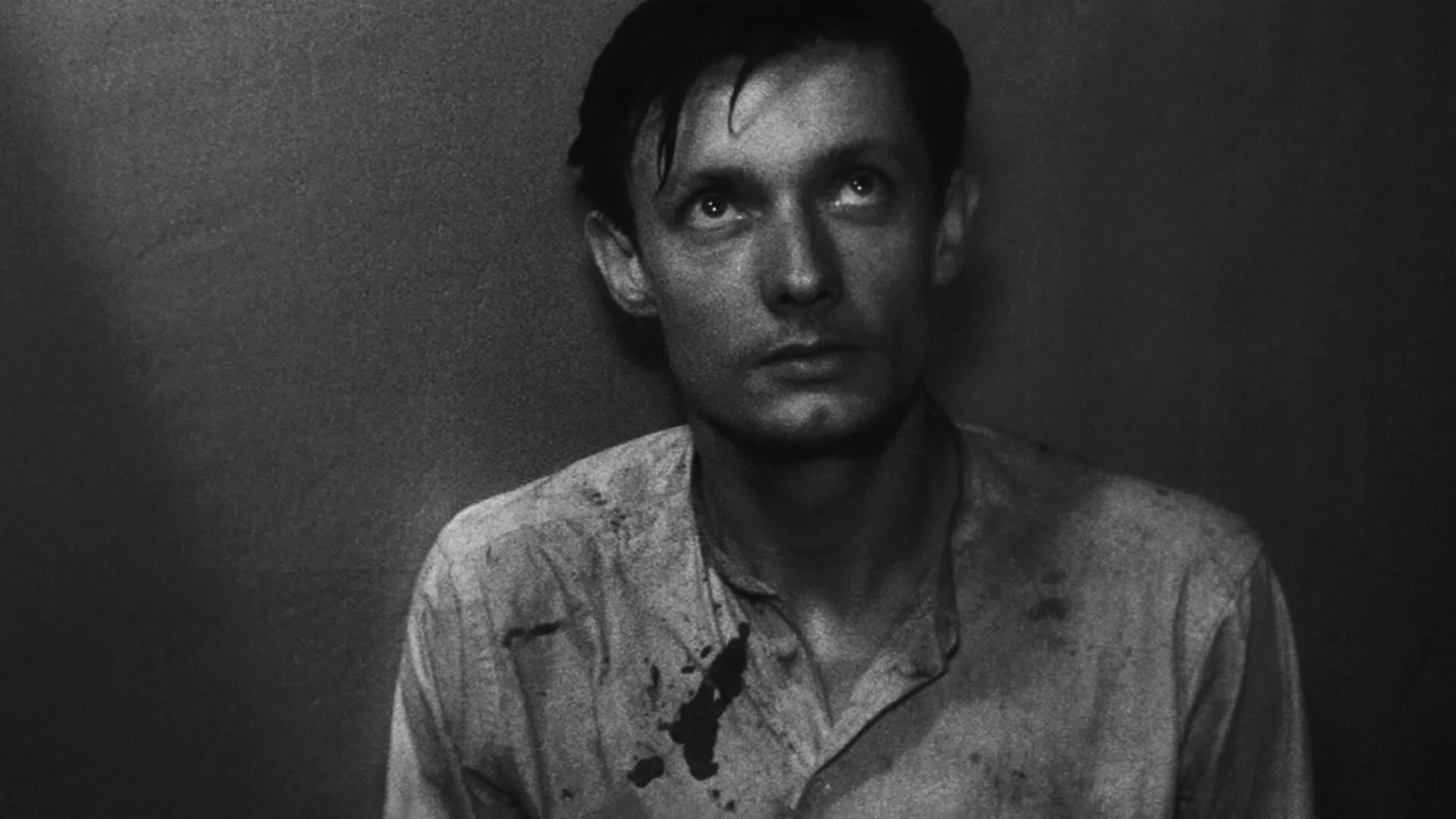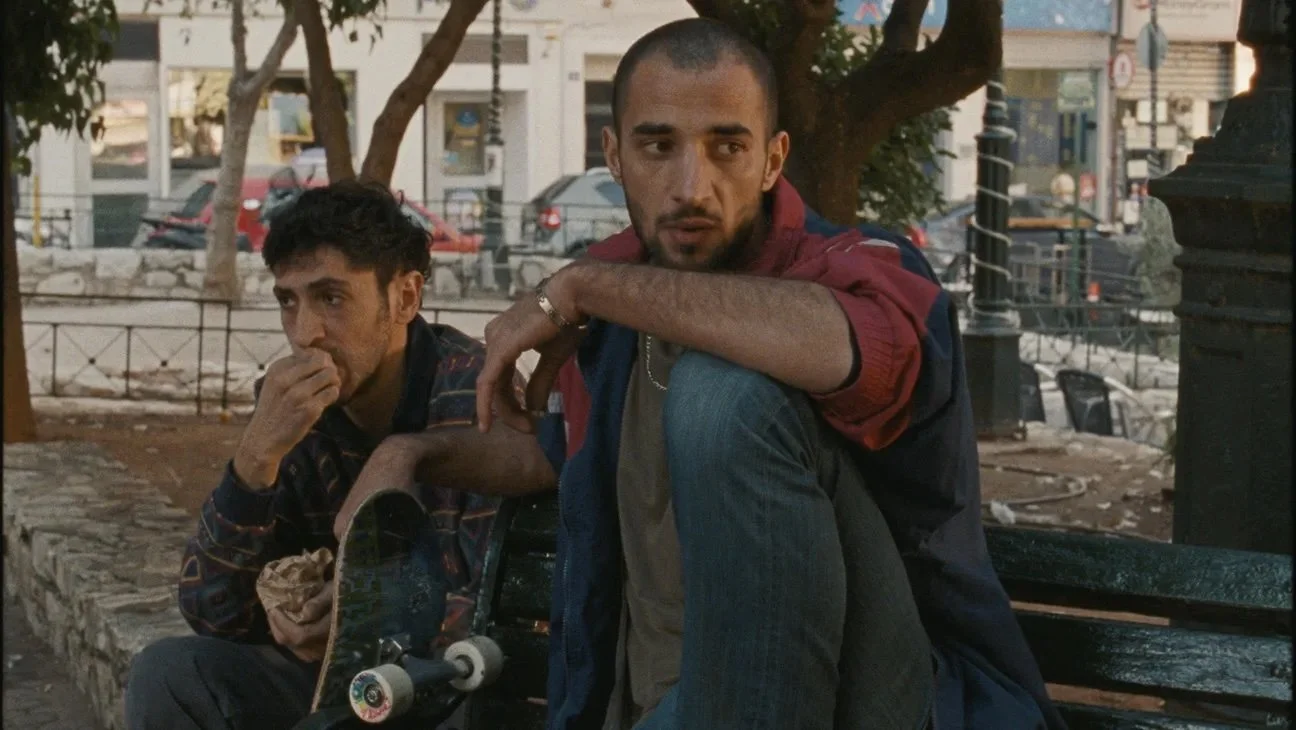The Cinematheque spotlights Robert Bresson in Secret Laws of the Cinematograph, to July 2
Series includes all 13 of the French director’s films, including A Man Escaped, Pickpocket, Au hasard Balthazar, and more
SPONSORED POST BY The Cinematheque
Robert Bresson.
French director Robert Bresson (1901–99), one the 20th century’s most important and influential film artists, was a master of a spare, rigorous, intensely metaphysical cinema that explores, with rare poetry and purity, the human struggle for grace and redemption.
The Cinematheque is honouring Bresson’s career, which spanned 13 features across four decades, with Secret Laws of the Cinematograph. Drawing its title from the enigmatic rules governing his filmmaking ethos, the series brings together all of Bresson’s uncompromising features, many screening in digital restorations marking their Vancouver debuts. Secret Laws of the Cinematograph is now underway and continues to July 2.
Bresson’s body of work occupies a rarified space in the pantheon of film history. His singular style—a stripped-down, flattened, affectless aesthetic that miraculously turns austerity and asceticism into something approaching the immanent, “the ineffable”, he wrote—has been famously described by Paul Schrader and Susan Sontag as “transcendental”. Bresson didn’t trivialize the higher pursuit of his art, insisting that his distinctive methods, a radical departure from those prevailing in narrative film, be designated differently: not cinema, but “cinematograph”.
A Man Escaped.
Drama in a Bresson film is internal and spiritual. It derives less from plot, character, or psychology than from an exacting “visible parlance” that renders the mysterious interior battles people wage with freedom, sin, salvation, and truth. One of the defining characteristics of the director’s style, apart from his stark distillation of diegetic sound, was his use of actors—or “models”, as he preferred to call them.
After his first two features, Bresson eschewed the use of professional actors entirely, as he didn’t want performers performing or actors emoting. Instead, his “models” exist principally as components of the mise-en-scène, as objects of choreographed, automated movement to be manipulated in the service of his severely controlled form. His aim was to remove everything extraneous and leave only what was essential.
Au hasard Balthazar.
Throughout the Secret Laws of the Cinematograph, Bresson’s most lauded films, including A Man Escaped, Pickpocket, and Au hasard Balthazar, screen alongside such gems as L’argent and The Devil, Probably, among many others.
To explore the full program and purchase tickets, visit The Cinematheque.
Post sponsored by The Cinematheque.

























